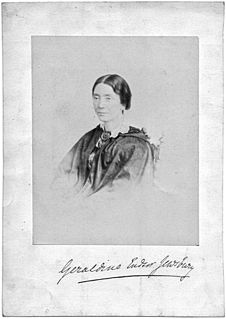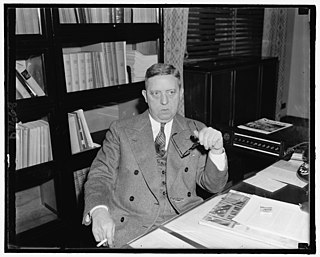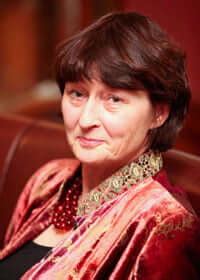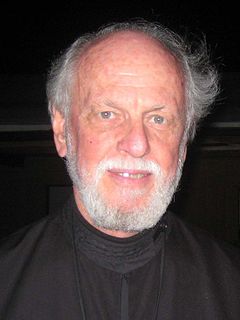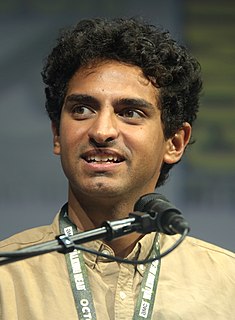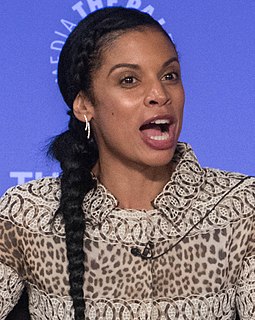A Quote by Geraldine Jewsbury
men change less than is imagined; their after life is only a kaleidescope combination of the elements of their character at the period of adolescence.
Related Quotes
Geometry, which should only obey Physics, when united with it sometimes commands it. If it happens that the question which we wish to examine is too complicated for all the elements to be able to enter into the analytical comparison we wish to make, we separate the more inconvenient [elements], we substitute others for them, less troublesome but also less real, and we are surprised to arrive, notwithstanding a painful labour, only at a result contradicted by nature; as if after having disguised it, cut it short or altered it, a purely mechanical combination could give it back to us.
Adolescence is a relatively recent thing in human history -- a period of years between the constraints of childhood and the responsibilities of adulthood. This irresponsible period of adolescence is artificially extended by long years of education, much of it wasted on frivolities. Tenure extends adolescence even further for teachers and professors.
Brains and character rule the world. The most distinguished Frenchman of the last century said: Men succeed less by their talents than their character. There were scores of men a hundred years ago who had more intellect than Washington. He outlives and overrides them all by the influence of his character.
Not only is there more content, but the producers are also focusing on characters rather than their ethnicities. I mean, when you go in for an audition, you get a character sketch, like 'a 35-year-old American male.' The ethnicity of that character is developed after casting the actor, and I think that's the most basic change that has happened.
I did not write it [Coming of Age in Samoa] as a popular book, but only with the hope that it would be intelligible to those who might make the best use of its theme, that adolescence need not be the time of stress and strain which Western society made it; that growing up could be freer and easier and less complicated; and also that there were prices to pay for the very lack of complication I found in Samoa - less intensity, less individuality, less involvement with life.
When I'm looking for a strong female character, or a strong character at all, I'm looking for a character that has a purpose in that story, that has an interior life of some sort. They don't have to be physically strong; they don't have to be morally strong or ethically strong, because men and women come in a huge variety of all of those things. Emotionally, ethically - I'm less concerned with that. I just don't want them to be props. That's the only thing that offends me.
A doctrine-teaching, character-building university, the Brigham Young University is dedicated to the building of character and faith, for character is higher than intellect . . . . We are men of God first, men of letters second, men of science third, and noted men fourth, men of rectitude rather than academic competence. . . . Our academic training must be as impeccable as our lives.
